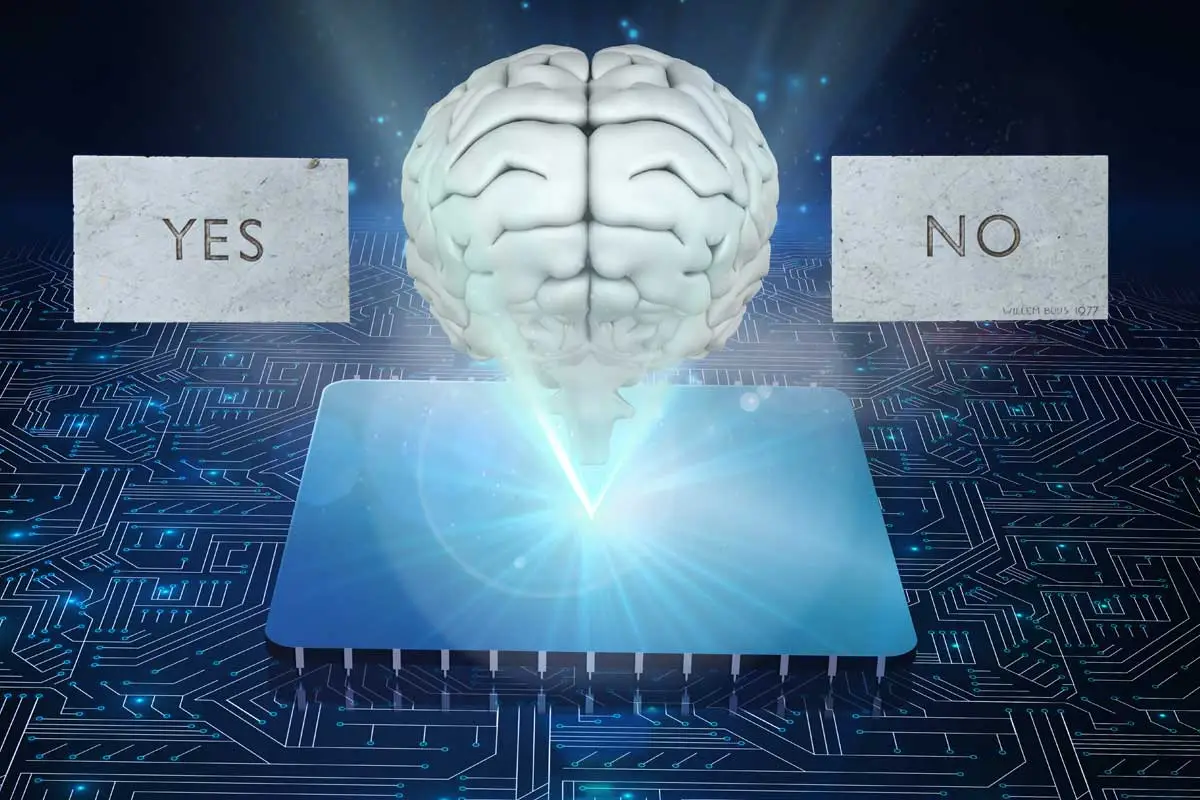Artificial Intelligence (AI) in decision-making raises a range of ethical considerations. As AI systems become more autonomous and sophisticated, they are increasingly used in critical decision-making processes that impact individuals and society.
The ethics of employing AI for decision-making is a complex and quickly expanding field that presents numerous critical considerations concerning technology’s role in society.
On the other hand, AI can transform decision-making by allowing for faster, more accurate, and more efficient processing of massive volumes of data. This could lead to better healthcare, banking, and transportation results, where decisions can significantly impact people’s lives.
However, using AI for decision-making raises questions regarding accountability, transparency, and bias.
For example, who is to blame if an AI algorithm makes a judgment that causes harm to someone? How can we confirm that AI systems are open and accountable for their actions, significantly when they may affect human lives?
Additionally, if AI systems are educated on data that reflects current societal biases, they may be biased. Results from this may be discriminatory, especially in industries like financing, recruiting, and law enforcement.
Here are some key ethical considerations related to the use of AI in decision-making:
Read Also: The Impact of AI On The Future Of Work
1. Bias and Fairness
AI systems are trained on data, and if the data used to train them contains biases, the AI system can perpetuate and even amplify those biases.
Bias in AI can lead to unfair and discriminatory decision-making, such as discriminatory hiring practices, biased lending decisions, or biased law enforcement.
Ensuring that AI systems are developed and trained with diverse and unbiased data, and implementing mechanisms to detect and mitigate bias in AI algorithms, are crucial to ensure fairness and prevent discrimination.
2. Transparency and Explainability
AI systems can sometimes behave as “black boxes.” This makes it difficult to understand how decisions are made.
This lack of transparency and explainability can lead to concerns about accountability, trust, and the ability to challenge or appeal AI-driven decisions.
Ensuring that AI systems are transparent, explainable, and provide clear justifications for their decisions is vital for building trust, enabling human oversight, and ensuring accountability in decision-making.

3. Privacy and Data Security
AI systems often rely on large amounts of data, and data collection, storage, and processing raise concerns about privacy and data security.
AI systems can access and analyze personal and sensitive data, such as medical records, financial information, or social media data, raising concerns about privacy, consent, and potential data misuse.
Implementing robust data protection measures, including data anonymization, encryption, and consent mechanisms, is critical to safeguarding the privacy and ensuring data security in AI-driven decision-making.
4. Long-term Consequences and Unintended Consequences
The use of AI in decision-making may have long-term consequences that are difficult to predict.
There may be unintended consequences, such as unforeseen biases, unintended uses of AI, or unintended impacts on society and the environment.
These are necessary to minimize potential harm and ensure responsible decision-making:
- Conducting ongoing monitoring and evaluation of AI systems
- You must be proactive in identifying and addressing unintended consequences
- Incorporate ethical considerations into the entire lifecycle of AI systems
5. Autonomy and Human Oversight
As AI systems become more autonomous, there are concerns about human oversight and control levels.
Ethical considerations include questions about who is responsible when AI systems make decisions, the extent to which humans should be involved in decision-making, and the potential for AI to make decisions not aligned with human values or preferences.
Ensuring that AI systems are designed with appropriate levels of human oversight, control, and accountability is essential to prevent undue concentration of power and maintain human agency in decision-making.
6. Impacts on Employment and Society
The increasing use of AI in decision-making also raises concerns about the potential impact on employment and society.
As AI systems automate tasks and decision-making in various industries, there may be potential job displacement and socioeconomic implications.
These measures include retraining and reskilling programs for affected workers, and ensuring that the benefits of AI are broadly shared across society, is essential for ethical decision-making.
Conclusion
In conclusion, the ethical considerations surrounding the use of AI in decision-making are complex and multifaceted.
It is essential to ensure that AI systems are developed, deployed, and used pretty, transparent, accountable, and aligned with human values while considering potential societal impacts.
Ethical decision-making in AI requires interdisciplinary collaboration among technologists, ethicists, policymakers, and other stakeholders to ensure that AI is used responsibly for the benefit of humanity.
An essential ethical factor in using AI for decision-making is ensuring that the systems are impartial and fair.
To address these ethical concerns, developers and users of AI systems need to prioritize transparency and accountability.
This means being transparent about how the AI system works, making decisions, and taking responsibility for any harm from using the system.
It also means ensuring that AI systems are trained on diverse and unbiased data and incorporating human oversight into decision-making.
In the end, a dedication to transparency, accountability, and justice is necessary for the ethical use of AI for decision-making and a thorough evaluation of the possible benefits and risks.

